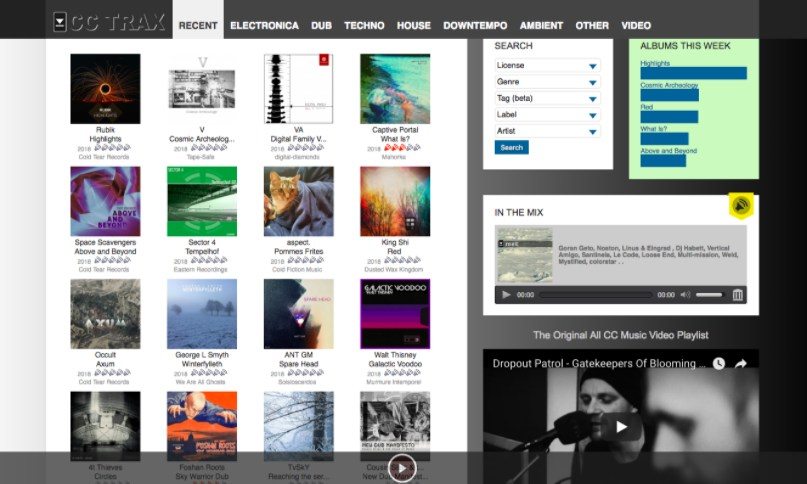

So what about other terms associated with unofficial/pirate releases?

The group 1KING shown in the random release above are well-known online for releasing unofficial rips of radio shows, yet bizarrely a few of their releases are available on sites such as LegalSounds. From searches done on some of these Russian music stores it’s absolutely clear that they’re ripping music from both torrent and Scene topsites. Of course, apart from the name of the artist and the album, none of these descriptors appear in music released on official sites – unless they’re Russian, that is.

The first part is the name of the artist, the second the title of the album, track or performance, the third denotes the source (in this case satellite – SAT), then the date, and the last section gives the name of the piracy group who released it online.

When music is released unofficially online, audio filenames are formatted in a certain way. Something tells us it’s not coming from the labels, and here’s why. These sites counter by maintaining that they operate legally under Russian law as they pay the necessary fees to a local collecting society.įor the purposes of this post we won’t concern ourselves too much with the legal issues, but rather where these sites are getting their music from. These music download sites are perhaps understandably a thorn in the side of the big record labels – when they offer a track for 9 cents they clearly aren’t playing by the same rules as iTunes for example. As the screenshot below of the current US #1 album from John Mayer shows, each track is being offered on the Russian site called ‘ LegalSounds‘ for a little above give-away prices. Although they’ve been around for a decade or more, Russian music download sites still come as a surprise to those encountering them for the first time.Īpart from having some of the most extensive music libraries on the planet, they are ridiculously cheap.


 0 kommentar(er)
0 kommentar(er)
